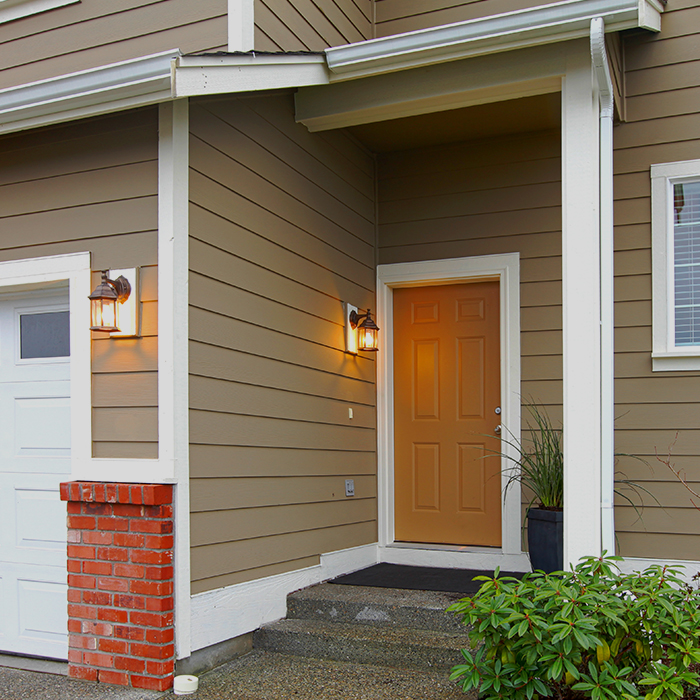6 Common Mistakes Made When Pressure Washing

Pressure washing is a popular method of cleaning various surfaces around the home, such as driveways, decks, and siding. However, if not done correctly, pressure washing can cause damage to your property or even result in personal injury. Here are six common mistakes people often make when pressure washing and how to avoid them.
1. Using Too Much Pressure
One of the most common mistakes made when pressure washing is using too much pressure. While it may seem like more pressure would result in a cleaner surface, this is not always the case. Too much pressure can damage the surface you're cleaning, especially if it's made of a softer material like wood or vinyl. Always start with a lower pressure and gradually increase it if necessary.
Many home pressure washing machines also come with a red-tip nozzle. This red-tip nozzle is a 0-degree nozzle and can be extremely dangerous. It shoots out a tightly concentrated stream of water that can damage wood, siding, and people. Our professionals at Dr. Powerwash never use these tips and we advise others not to use them as well.
2. Not Using the Right Nozzle
Pressure washers come with a variety of nozzles, each designed for a specific task. Using the wrong nozzle can result in an ineffective cleaning or even damage to the surface. For example, a narrow nozzle delivers a powerful stream of water, which is great for removing stubborn stains but can damage softer surfaces. Always make sure to use the appropriate nozzle for the task at hand. Lower-degree nozzles need to be used from a further distance away when spraying. This is especially true in regard to wooden surfaces. Wood can be easily damaged if using the wrong nozzle for a pressure washing machine.
3. Ignoring Safety Precautions
Pressure washers can be dangerous if not used properly. The high-pressure water can cause serious injuries if it comes into contact with your skin. Always wear protective clothing, including gloves and safety glasses, when operating a pressure washer. It is important to protect your feet with boots of some kind. At the least wear shoes that cover your entire foot. Also, never point the pressure washer at yourself, other people, or pets.
4. Not Pre-Treating Stains
Pre-treating stains can make the pressure washing process much more effective. If you're dealing with a particularly stubborn stain, apply a cleaning solution and let it sit for a few minutes before pressure washing. This will help loosen the stain and make it easier to remove. When stains or mold is not treated beforehand, a person using a pressure washer is much more likely to use excessive pressure on the stain which could cause damage.
5. Washing in the Wrong Order
When pressure washing a house, it's important to wash from top to bottom. This ensures that the dirt and grime you're washing off the higher areas won't end up on the lower areas you've already cleaned. Washing in the wrong order can result in having to re-clean certain areas, wasting time and water.
6. Not Protecting Surrounding Areas
Pressure washing can cause damage to surrounding areas if not done carefully. For example, the high-pressure water can strip paint off nearby surfaces, damage plants, or even break windows. If you are using any soap mix to help remove the mold, the soap could damage plants if not used correctly. Before you start pressure washing, take the time to cover or move any items that could be damaged.
Pressure washing is an effective way to clean various surfaces around your home, but it's very important to avoid these common mistakes. By using the right amount of pressure, choosing the correct nozzle, following safety precautions, pre-treating stains, washing in the correct order, and protecting surrounding areas, you can ensure a successful and safe pressure washing experience.

